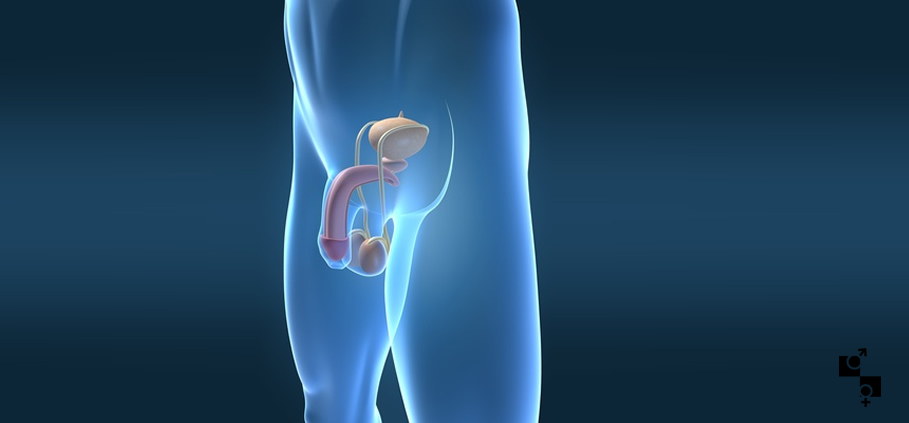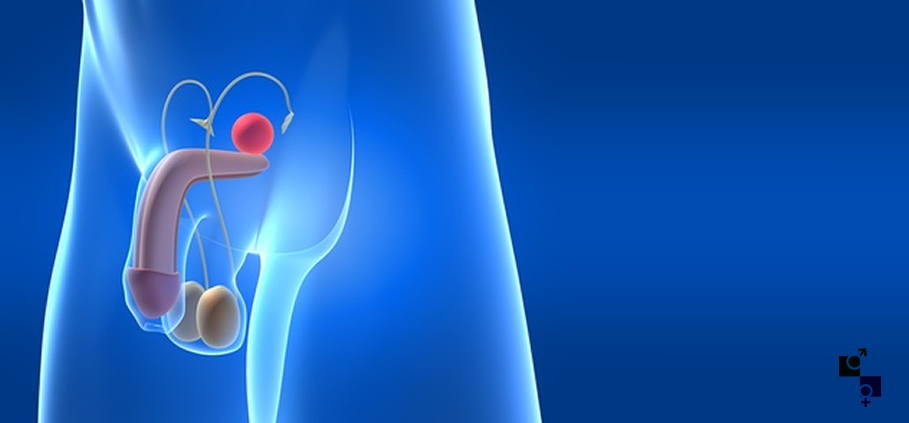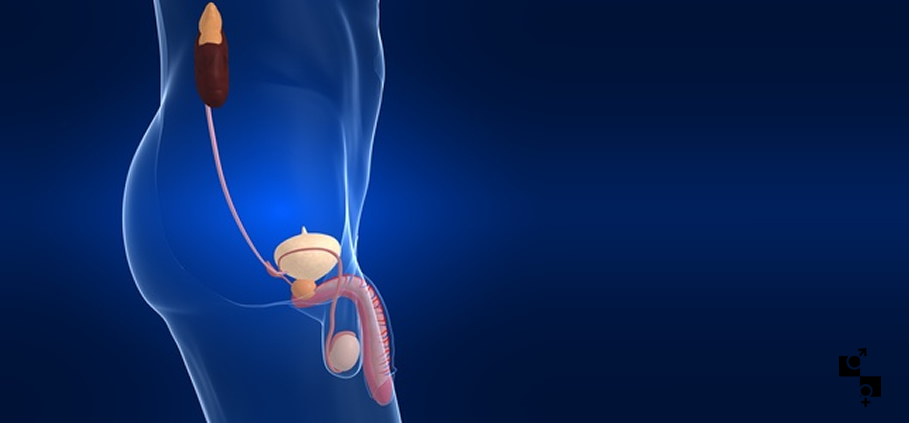Sexual dysfunctions
As sexual dysfunctions are defined the conditions that cause disorder in the sexual function of the person. These are disorders that do not allow sexual satisfaction and in certain cases even sexual intercourse, leading to a negative effect in the quality of life. For the cure of sexual dysfunctions a combination of treatment with psychotherapy is often required.
- Sexual Dysfunction in Men video
- •Sexual Desire Disorder
- -Decreased Libido
- -Sexual Aversion
- •Erectile Dysfunction video
- •Orgasm Disorder (anorgasmia)
- •Premature ejaculation
- •Retarded ejaculation
- •Sexual Pain Disorder (dyspareunia)
- •Peyronie’s Disease
- •Priapism
- •Penile Fracture
Sexual Desire Disorders
The sexual desire disorders in a person depend on many factors, such as long-lasting abstinence, interpersonal differences with the sexual partner, fatigue, stress, chronic anxiety, Religious and Social taboos, lack of education around sex. The causes may be physical (vascular, neurogenic, hormonal, chronic diseases, use of pharmaceutical substances, underlying malignant diseases of the lower urogenital system), psychogenic (depression, performance anxiety) or aging.
-Decreased Libido: Difficulty in, or absence of, sexual fantasies and desire for sexual activity. Treatment is administration of medication or surgical operation.video
-Sexual Aversion: Aversion to or avoidance of contact with the genitalia and any sexual contact, either with a partner or via self-satisfaction. Treatment is administration of medication or surgical operation. video
Erectile Dysfunction
Erectile dysfunction is characterized as a Disorder and is the permanent or periodic inability of the man to achieve and maintain an erection sufficient for a satisfactory sexual intercourse. The causes may be physical (vascular, neurogenic, hormonal, chronic diseases, use of medical substances, infections, undercurrent malignant conditions of the lower urogenital system), psychogenic (depression, performance anxiety) or advanced age. The therapeutic options are many and various, such as prescribed medication, surgical treatment, and proper psychotherapeutic treatment. video
Orgasm Disorder (anorgasmia)
Repeated delay or absence of orgasm after a normal sexual excitement. The causes may be physical (vascular, neurogenic, hormonal, chronic diseases, use of medical substances, infections, undercurrent malignant conditions of the lower urogenital system), psychogenic (depression, performance anxiety) or advanced age and cause difficulty in interpersonal relationships and intense subjective embarrassment. Treatment may be pharmaceutical or surgical.
Sexual Pain Disorders
-Dyspareunia: Continuous or intense pain in the genital organs during sexual intercourse. The causes may be physical (vascular, neurogenic, hormonal, chronic diseases, use of medical substances, infections, undercurrent malignant conditions of the lower urogenital system), psychogenic (depression, performance anxiety) or advanced age and cause difficulty in interpersonal relationships and intense subjective embarrassment. Treatment may be pharmaceutical or surgical.
Priapism
It is the involuntary, painful and prolonged erection which persists after ejaculation despite the absence of sexual stimulation. The causes of the disease may be pathological, or associated with the use of some medications (antidepressants, anticoagulants etc.). Treatment must be sought immediately and can be achieved with medication or surgical operation.
Penile Fracture
Penile fracture is the rupture of the tunica albuginea (the fibrous envelope) of the penis. It usually occurs upon intense of violent injury of the (erect) penis. The description of this injury includes immediate and acute pain, automatic flaccidity (loss of erection) and penis haematoma. Immediate surgical restoration is required.-
Peyronie’s Disease
Peyronie’s disease is characterized by the presence of hard plaques on the shaft of the penis which result to curvature of the penis during erection. The exact etiology of the disease remains indefinite. The three main symptoms of the condition is pain during erection or penetration, scleroses in the shaft and penis curvature. It is necessary to treat the disease when it first appears or when the curvature of the penis impedes its entrance in the vagina during sexual intercourse or when the erection is accompanied by persistent pain. Immediate surgical restoration is required.
Premature Ejaculation
As premature ejaculation is defined “the lack of ability of the man to control his own ejaculation, as a result sexual climax (orgasm) occurs involuntarily, with minimu sexual stimulation, before, during or almost immediately after penetration, and before he wishes it”. This condition is caused by psychological and biological factors. The causes may be physical (vascular, neurogenic, hormonal, chronic diseases, use of medical substances, infections, undercurrent malignant conditions of the lower urogenital system), psychogenic (depression, performance anxiety) or advanced age. Treatment consists of administration of medication psychotherapeutic sypport.
Retarded Ejaculation
Retarded ejaculation is the difficulty in ejaculating during sexual intercourse or is only able to ejaculate after prolonged intercourse. This condition is caused by psychological and biological factors. The causes may be physical (vascular, neurogenic, hormonal, chronic diseases, use of medical substances, infections, undercurrent malignant conditions of the lower urogenital system), psychogenic (depression, performance anxiety) or advanced age. Treatment consists of administration of medication psychotherapeutic sypport.
Andropause
for men and Menopause for women respectively, are two of the inevitable 3rd age conditions (syndromes).
- -Andropause
With this term we refer to the decline and suspension of androgen hormones, and mainly of testosterone levels. The symptoms that may occur are:
- >Reduced Libido
- >Erectile dysfunction
- >Decreased strength of orgasm
- >Difficulty in reaching orgasm
- >Sleep disorders
- >Psychological or mental disorders
- >Erythropoiesis decrease
- >Decreased muscle tone and strength
- >Decreased bone density
- >Decreased mental capabilities
- >Decreased immunological readiness
- >Increase of fat tissue
As opposed to women, men do not lose their reproductive capability. Although reduced, men’s reproductive capability remains and is one of the main causes of sexual disorders in men.



